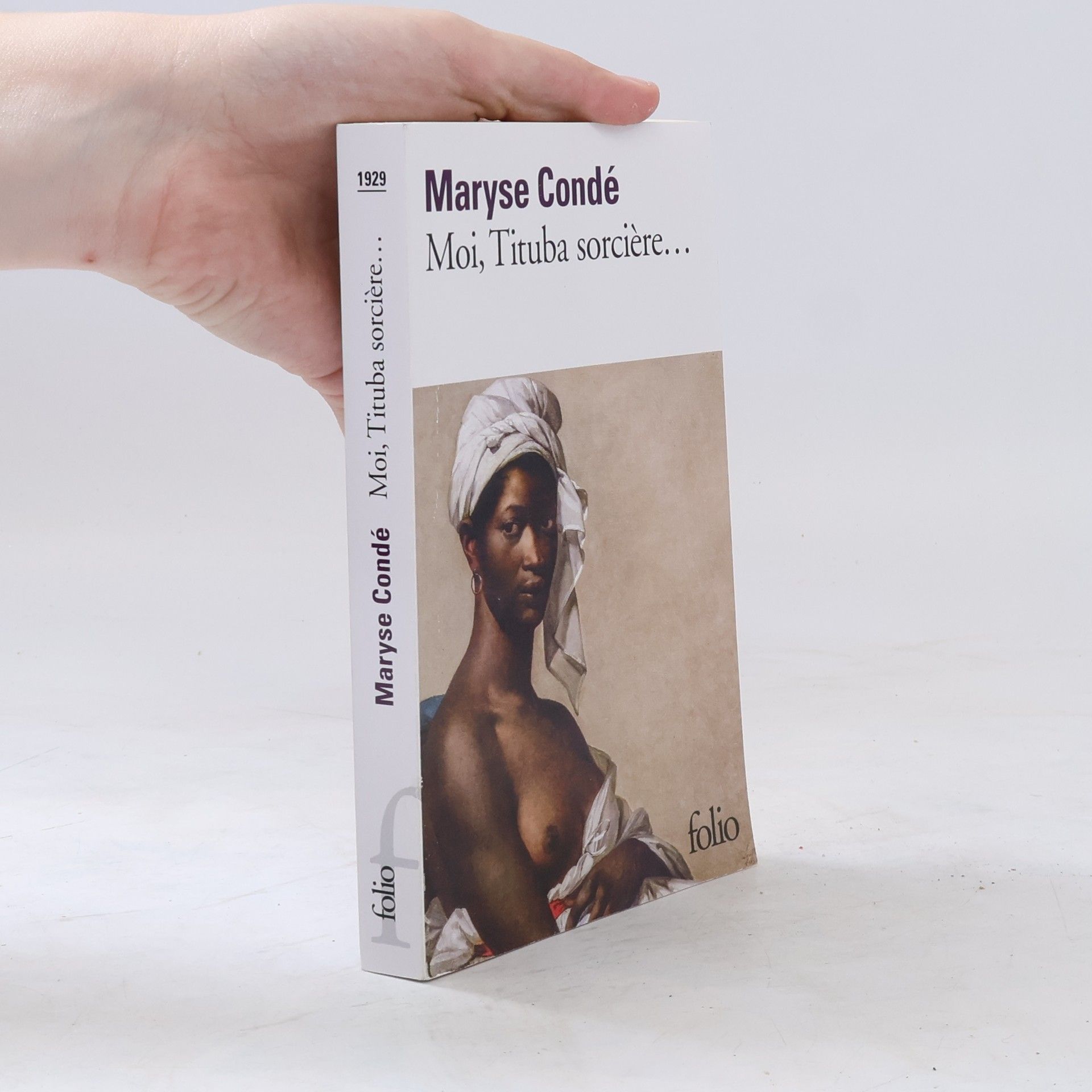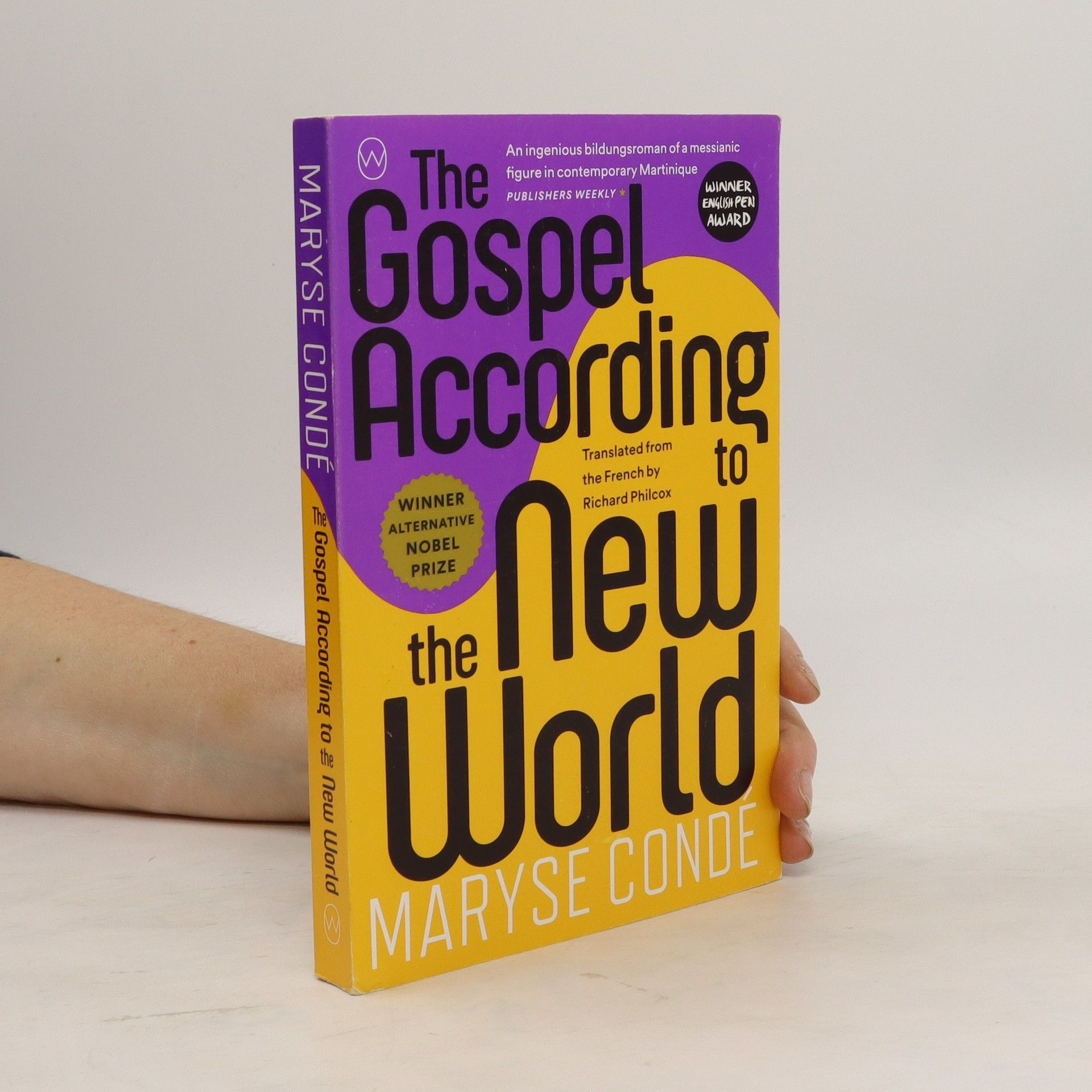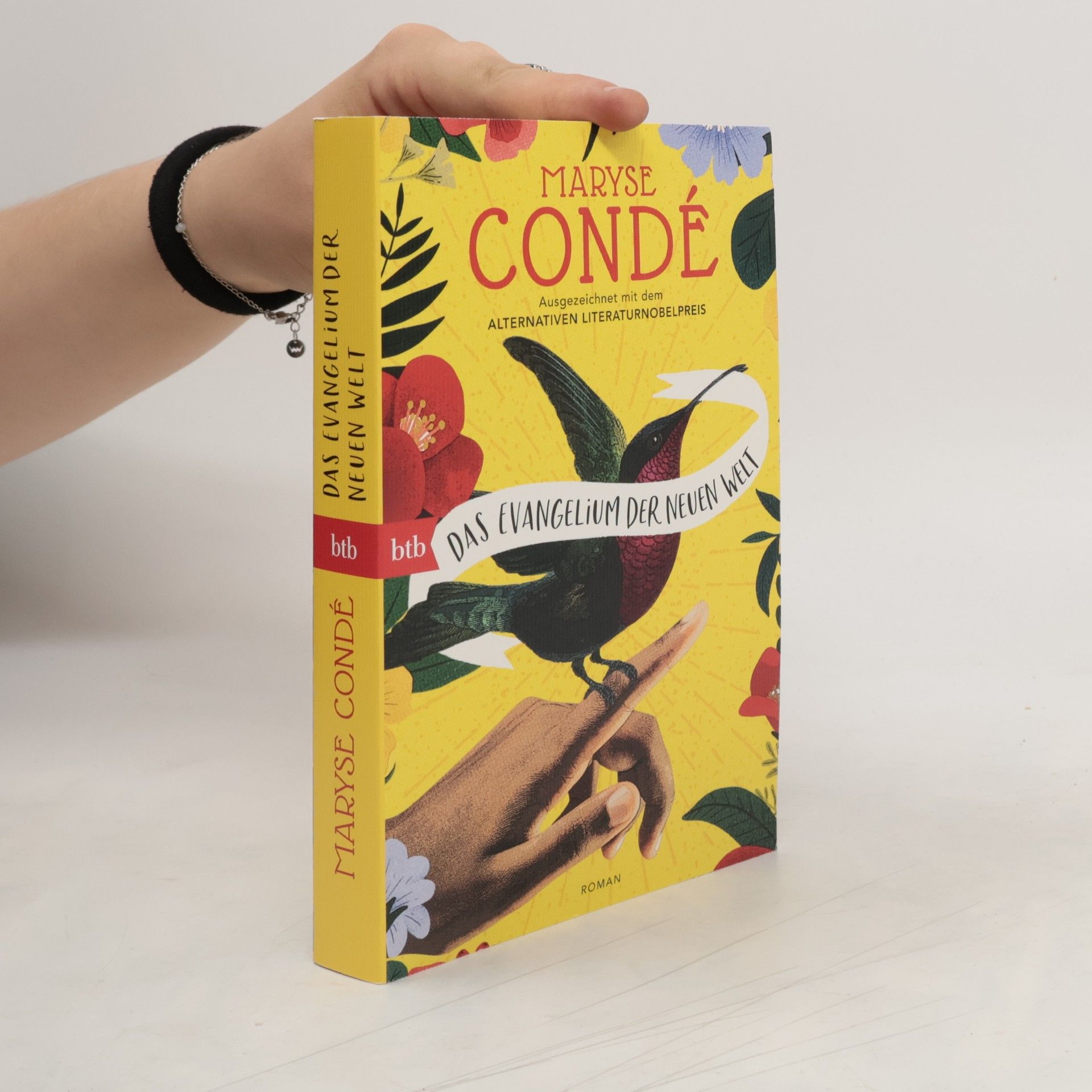Victoire
La madre de mi madre
Maryse Condé's personal journey of discovery and revelation becomes ours as we learn of Victoire, her white-skinned mestiza grandmother who worked as a cook for the Walbergs, a family of white Creoles, in the French Antilles. Using her formidable skills as a storyteller, Condé describes her grandmother as having "Australian whiteness for the color of her skin...She jarred with my world of women in Italian straw bonnets and men necktied in three-piece linen suits, all of them a very black shade of black. She appeared to me doubly strange." Victoire was spurred by Condé's desire to learn of her family history, resolving to begin her quest by researching the life of her grandmother. While uncovering the circumstances of Victoire's unique life story, Condé also comes to grips with a haunting question: How could her own mother, a black militant, have been raised in the Walberg's home, a household of whites? Creating a work that takes you into a time and place populated with unforgettable characters that inspire and amaze, Condé's blending of memoir and imagination, detective work and storytelling artistry, is a literary gem that you won't soon forget.





